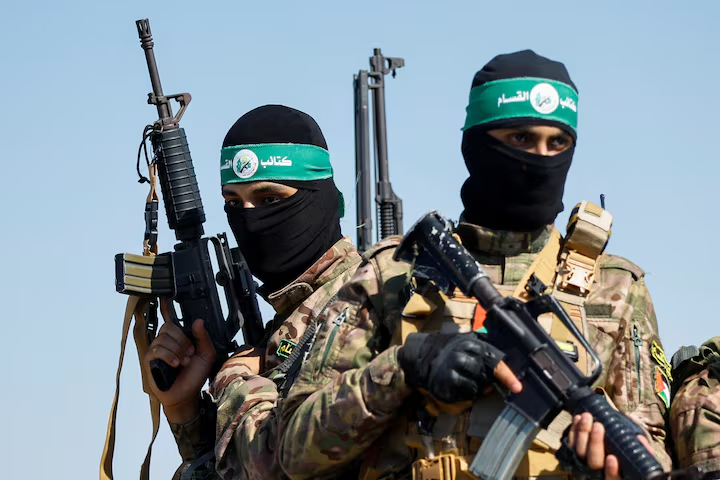The Pentagon has announced that it will not evacuate US troops from Niger, and some of them will continue to interact with members of the country’s military, but it has suspended security cooperation with Niger due to political unrest in the West African nation.
General Pat Ryder, the Pentagon’s chief spokesman, told reporters on Tuesday that there is no security threat to American troops or citizens in Niger, signaling the American force’s continued presence in the African country.
While security cooperation between the US military and Niger has been suspended, Ryder said, “We maintain close contact with our Niger military counterparts in the country, as the situation continues to unfold” and “when necessary [and] environment permitting,” service members are still able to go off base to foster that engagement.
“We are going to continue to be focused on using diplomatic tools to try to preserve Niger’s hard-earned democracy,” Ryder stressed.
Niger’s President Mohammad Bozum was seized by members of the presidential guard and put under house arrest late last week in a military coup attempt.
Ryder hesitated to describe the political situation in Niger as a coup — a term that has legal implications for US foreign policy — and instead emphasized that military leaders are closely monitoring the situation there.
“The situation is still very fluid,” he said, before adding that it was too early to describe “the nature of the ongoing developments.”
The Pentagon also announced that Joint Chiefs Chairman, Gen. Mark Milley, had a telephone conversation with Niger’s chief of defense, Lt. Gen. Issa Abdou Sidikou, on Thursday, as the two officials “discussed the security of Americans and the developing situation in Niger.”
Meanwhile, State Department spokesman Matthew Miller confirmed that Secretary of State Anthony Blinken spoke with Bazoum several times last week.
Ryder said no US forces had been withdrawn from the country, but noted that “we will always plan for various contingencies.”
It comes as Italy, France, and Germany said they were making preparations to evacuate their citizens from Niger after last week’s coup.
Niger’s borders have been closed to commercial flights since the coup has sent shockwaves across the Sahel region, where Niger’s Western allies fear losing influence to Russia, and has raised security fears as militant extremists groups linked to Daesh and al Qaeda have been gaining ground in the area for years.
The coup in Niger has drawn condemnation from its neighbors and international partners including the United States, the United Nations, the African Union, the European Union, and former colonial power France who have all refused to recognize the new leaders and have demanded that Bazoum be restored to power.
Niger is the world’s seventh-biggest producer of uranium, the radioactive metal widely used for nuclear energy and treating cancer.
Press TV’









